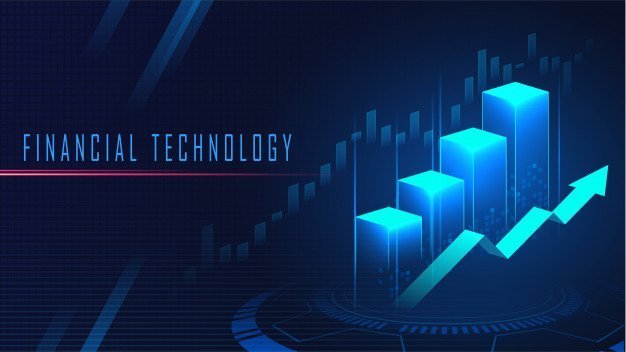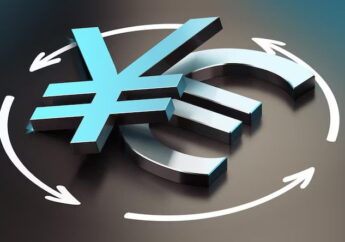Finance Trends That Loom On The Horizon
by Abdul Aziz Mondal Finance Published on: 02 March 2020 Last Updated on: 07 November 2024

Finance Trends with Technology is revolutionizing every area of the industry, and banking and finance are no exception. From stateside banks like Wells Fargo, U.S. Bank, or Chase to the international organizations of GBTI, Credit Suisse, and Deutsche Bank, the customer experience and business operations are changing with each new tech development. Whether you are the geeky nerd-type who loves to find out what’s new. Or you are looking for a new financial institution. These finance trends are sure to blow your mind as you manage your money.
The Increase in Automation in Finance Trends
Many thought the rise of the robots and animations was just for use in the manufacturing industry. But banks are continuing to deploy robotics and artificial intelligence throughout operations. More specifically, larger banks are automating routine tasks like cutting and pasting data between apps through the use of AI machines. Banking regulators are still skeptical over the use of automation. But once these governing bodies loosen their control, the face of banking will completely change. Rather than an increased need for tellers and processors. New hires will be people skills in designing and training the AI engines and robots. These robots will be overseeing and testing the machines, and supervisors to manage the employees managing the machines. Choosing a career in artificial intelligence could have a lot of job potential and security.
Reduced Data Privileges
Much of the data sharing that occurs today is done without many consumers’ knowledge. Given the consumer mindset toward privacy, banking applications over the next few months are set. It is set to see new levels of customer control in choosing which parties can access their data. This will be possible through new larger-scale application programming interfaces that already have these features built-in. Smaller banks will be at more of a disadvantage because of their size. The limited resources in tech development will help in working with their core banking vendors should afford more consumer privacy measures. The European Union has also established regulatory guidelines for the treatment of consumer data sharing. it now requires more official consent from the patron.
Improved Payment Standards
Banks are eagerly awaiting improvements to payment systems, with faster payments providing round-the-clock settlements. Finance trends have already made its name in London-area banks. But the global banking community is hoping this is their year. The Clearing House payments company in the U.S. manages some systems knows as Real-Time Payments. But for the most part across the country, instant transfers are offered in a limited capacity. The Federal Reserve has come under scrutiny for its own archaic payment systems. And large tech firms are in favor of the Federal Reserve creating its own faster payments processing system. However, whatever the Federal Reserve decides to do will need to be compatible with RTF systems. In order to prevent even further delays in payment settlements.
Expanded Online Lending
With fintech giving banks a run for their money, traditional lenders are having to reevaluate their loan application processes and approval timelines for small-business and retail customers. To this end, online lending avenues are being explored by financial institutions of all sizes, whether it be with core service provider systems or pursuing partnerships with fintech. The need to ensure the safety of confidential consumer data will increase the experimentation and implementation of blockchain, behavioral biometrics, and multifactor authentication. In addition to providing online loan application processes, lenders will need to be prepared with staffing measures to accommodate any customer contact request when going through the loan process.
Continued Blockchain Battles
Blockchain has great potential as far as financial safety goes, but lenders and major banking institutions continue to stall on the application. Though some of the larger banks, like Bank of America, have filed several patents dealing with blockchain tech, there is still no integration of the financial exchange system. One of the prime concerns with financial executives is the link between the tech and the random swings in cryptocurrency values, as bitcoin dropped in value last year by more the five thousand dollars. However, with interest in exploring the institutionalization of crypto assets in the coming year, there will need to be a way for companies to legitimize the values of such assets.
Transparency Demands for Fintech
The products of fintech have received criticism for a lack of transparency and insufficient backing of security or insurance corps. Many companies will make claims of financial security through allusions to a security corp. But consumers aren’t aware that their monies aren’t being backed by the FDIC and deposit insurance. Many regulatory agencies are receiving complaints, and public outcry is demanding increased consumer protection. This is an area of extreme importance to lawmakers, who are expected to champion legal action and federal investigations.
These areas will continue to shape how banking occurs and how consumers will access their money. As always, take precautions when mixing technology and sensitive, personal information. Safeguard your financial future with secure transactions and reputable institutions.
Read also:



































































































